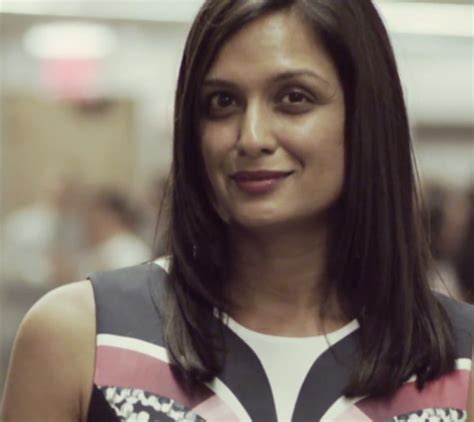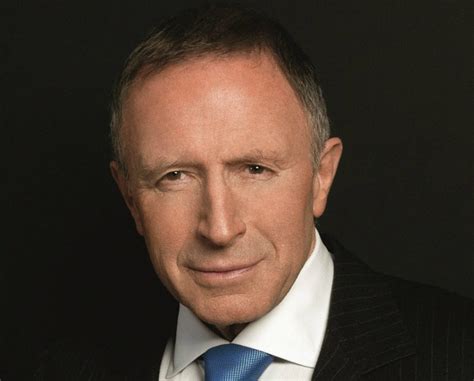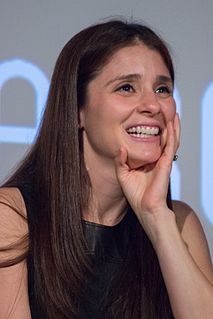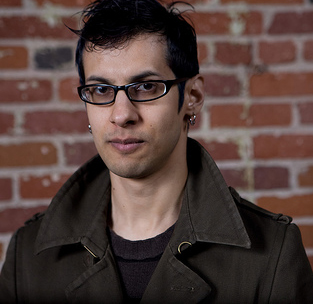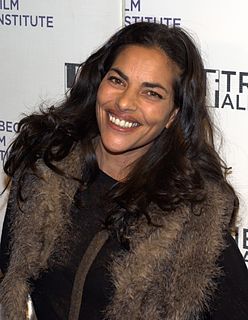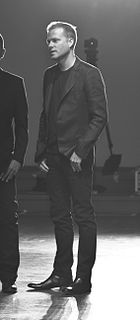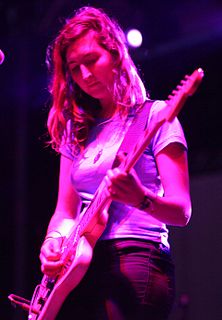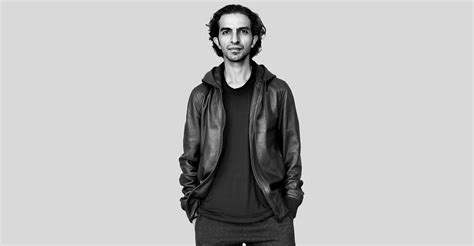A Quote by Alexander Wang
I don't think fashion week will go back to what it used to be because people are realising that the industry is completely changing. It's not just in Bryant Park any more, people are figuring out who their audience is, where they want to show, they aren't really playing by the rules. It's not so much about these editors, these buyers.
Related Quotes
Fashion Week was at Bryant Park and there were a few shows like Marc Jacobs, or when Alexander McQueen came to town, that were offsite, Helmut [Lung] was offsite, but it was very intimate. It wasn't the way it is today where you have a thousand people at the show. You may have had 200 to 250 and it was really the trade and you know fashion greats.
I feel like fashion was much more exclusive. There weren't as many parties. There weren't as many social gatherings. It wasn't required that designers have events to lure customers or editors or any of that - it was about a show. If there was a dinner or a party, people would go out after. New York nightlife was about late nights and dancing.
I think a lot of people are involved in art because of the fashion of art and the conversation. It gives them a certain sophistication, something to speak about. But art is, if it's conceptual, really about understanding the concept. And if it's beautiful, it's about seeing the beauty. It's gone much further than that now. There's too much commercialism attached to art. If the market cracks one day big-time, you'll frighten so many people away who will never come back. Because they don't really feel for art. People who buy art should want it because they love it, they want to enjoy it.
I think a lot of people would assume that my job is more about supermodels and naked ladies and all that, and no, it's just really about fashion, merchandise and customers. So the obviously sexy parts - you get to go to the fashion show and all that stuff. It's really just business. That's my story. I'm sticking to it.
We played a show the other week at this festival and it was an audience that I'd never normally play in front of. That's one the greatest things about festivals: you don't always get your audience, you get people who just pop in out of curiosity. The reaction was amazing; there were people dancing, which we've never had, I guess because the message is pretty powerful and the performance is a lot more visceral than it has been previously. The audiences seem to be reacting to that really well and it's a wonderful thing, because at a performance you really bounce off your audience.
Doing this web show - people underestimate what it takes to do a web show successfully. They underestimate the amount of work that you have to do to get it to your audience after it's made. I think you have to work so much harder, especially if you don't have a huge budget. You have to know how to get your audience engaged, because the Internet is so distracting, and there are so many choices. People, even if they love your show, will forget to go back for episode four, because you know, people are busy.
People are always asking me if the industry is changing, and my answer is always that it is changing only as much as we are. Many South Asian actors complain about being pigeonholed into playing terrorists and cab drivers, but it's time that we stop talking about it. The industry will always say 'No' till we have enough to convince them.
Every city is different for playing, actually. That's one of the hardest things: to play abroad. Because sometimes you know your city and your audience and you know what to play and what people will dance to. And later, you go to a place and you think this thing will work and you start playing and it doesn't work, and you have to be able to go to another side just to try to find what people like or whatever, or, like, try to make people dance as they are more used to. I don't know, it's quite strange - people dance in different parts of Europe in a different way.
Television used to be made much more in a vacuum; the only feedback the audience had for a long time was in a Nielsen number that would arrive sometime after the show had been broadcast. And now, people are just completely engaged on so many levels, and I think that you have to find a way as a show creator to follow your own compass.
There are so many fashion shows during fashion week, and the fashion show has almost become theater. It's all about the wow factor. And it's easy to make a name when you're shocking people all the time. But when you just make really, really great clothes, it can be difficult to get press and build a brand. What you do when you pare things back and make something timeless, though, is build a foundation to have a longer career and a stronger clientele.
Digital has really made the fashion industry a lot more transparent. So people can see and understand how the industry really works, and participate in an industry that was very inaccessible to people. The only thing that people used to see before was the end product. Anyone can participate in it now.
If you're playing a good guy, you show some darkness. If you're playing a dark guy, you show something different, like humor, that will mix it up and hopefully surpass the audience's expectations. What I'm battling all the time is complacency in the audience. I try to bring a little mystery to what might happen because that engages people more.

